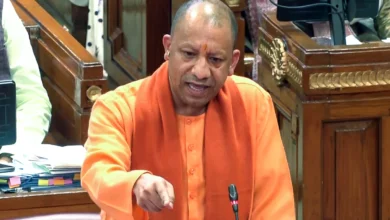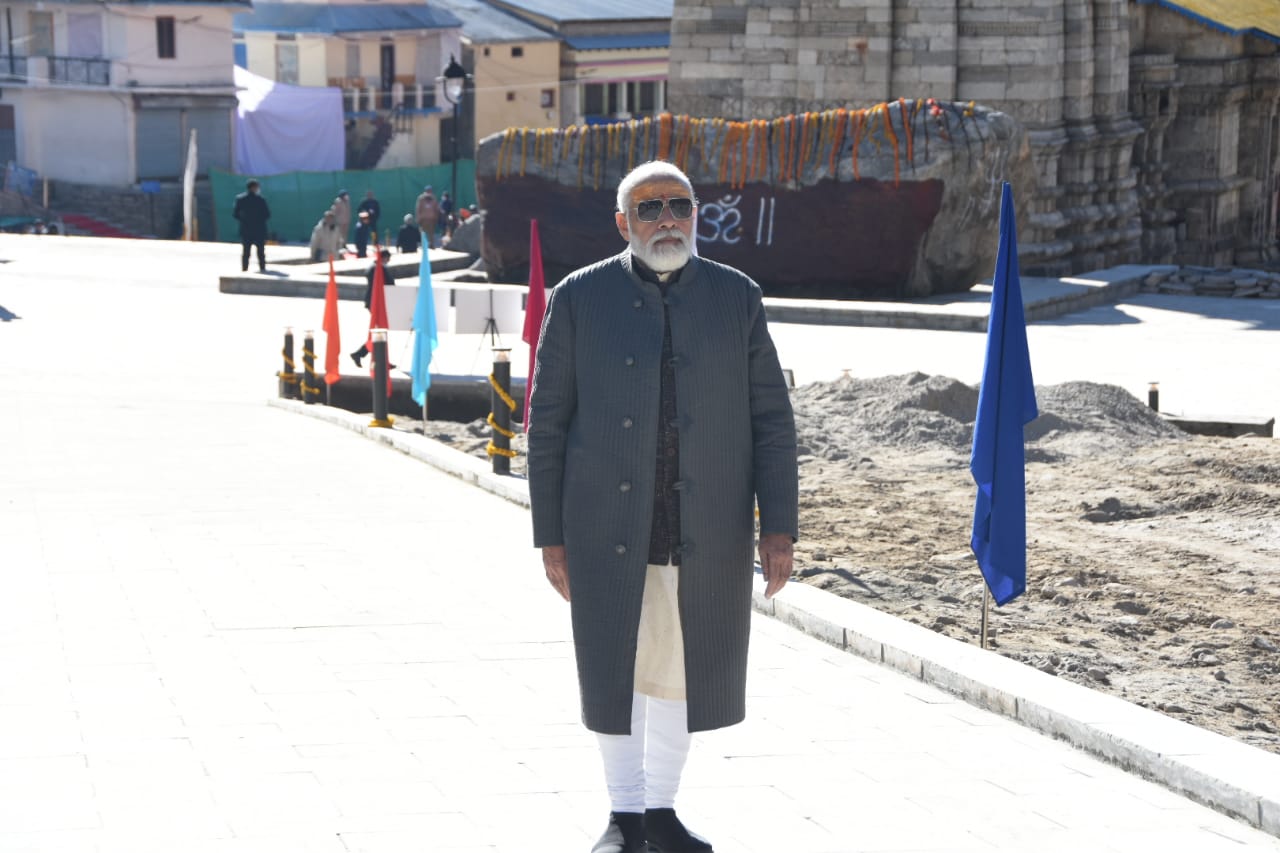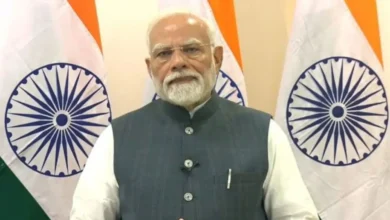
Supreme Court Seeks Response from Rajasthan and Madhya Pradesh on Freebies Before Election
The Supreme Court on Friday sought responses from the governments of Rajasthan and Madhya Pradesh on a petition alleging that they were distributing freebies to voters ahead of the upcoming assembly elections.
The petition, filed by advocate Ashwini Upadhyay, alleged that the two state governments were violating Article 14 (right to equality) and Article 266(3) (restrictions on financial powers of state legislatures) of the Constitution of India by distributing freebies to voters.
The petitioner argued that the distribution of freebies was a form of bribery and that it was unconstitutional.
He also argued that the distribution of freebies was putting a strain on the state finances and that it was unfair to taxpayers.
A bench of Chief Justice D.Y. Chandrachud and Justices J.B. Pardiwala and Manoj Mishra sought responses from the two state governments and the Election Commission of India within four weeks.
The bench also directed the petitioner to file a list of freebies that he was alleging were being distributed by the two state governments.
The distribution of freebies by political parties ahead of elections is a common practice in India. Political parties often promise to distribute freebies, such as free electricity, free water, and free subsidies, in order to woo voters.
The distribution of freebies has been criticized by some experts, who argue that it puts a strain on the state finances and that it is unfair to taxpayers.
They also argue that the distribution of freebies creates a culture of entitlement and that it undermines the democratic process.
Freebies given by the government before elections
Freebies are goods or services that are given away for free, often as a way to attract or reward voters.
Political parties often promise to distribute freebies, such as free electricity, free water, and free subsidies, in order to woo voters in the run-up to elections.
Freebies are different from welfare in that they are typically not targeted at people in need. Instead, they are given to everyone, regardless of their income or need.
Freebies are also typically funded by the government, while welfare programs are often funded by a combination of government and private sector funds.
Advantages of freebies
There are a few potential advantages to freebies. First, they can help to improve the quality of life for voters. For example, free electricity or free water can help to reduce the cost of living for families.
Second, freebies can help to stimulate the economy and promote economic growth. For example, free smartphones or laptops can help to increase demand for these products, which can boost sales and create jobs.
A NITI Aayog report says that in Bihar and West Bengal, the number of school going girls increased after the free distribution of bicycles.
Third, freebies can help to increase voter turnout. Voters may be more likely to vote if they are promised free goods or services.
Disadvantages of freebies
There are also a few potential disadvantages to freebies. First, they can be expensive.
Governments need to raise taxes or borrow money to fund freebies, which can lead to higher debt levels and inflation.
Second, freebies can be unfair to taxpayers. Taxpayers have to pay for freebies, even if they do not benefit from them.
Third, freebies can create a culture of entitlement. People may come to expect the government to provide them with free goods and services, even if they are not in need.
Lastly, it can create dependency syndrome. People start depending on free stuff and start expecting more and more free stuff and loose motivation to work.
Conclusion
The debate over freebies is a complex one. There are both potential advantages and disadvantages to freebies. Ultimately, the decision of whether or not to support freebies is a personal one.
In addition to the advantages and disadvantages listed above, it is also important to consider the context in which freebies are given.
For example, freebies that are given to people who are living in poverty may be more justified than freebies that are given to people who are already wealthy.
It is also important to consider the sustainability of freebies. Governments need to make sure that they can afford to fund freebies over the long term.
Otherwise, they may need to raise taxes or cut other important programs in order to pay for them.




